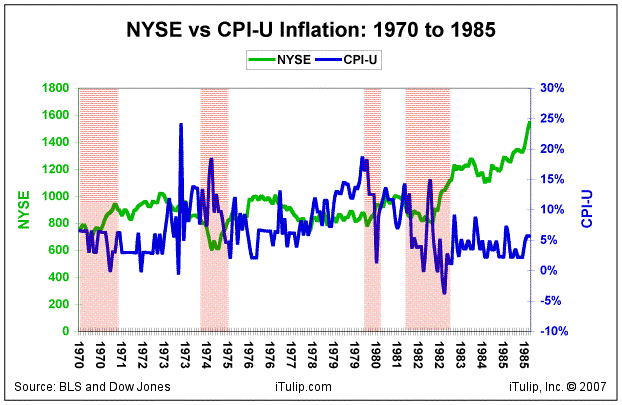Re: The Savings Glut Myth
And it is equally true that one cannot become a debtor without someone else willing to become a creditor.
And to become a creditor doew one not need savings from prior income surplus to one's own consumption?
Originally posted by Finster
View Post
And to become a creditor doew one not need savings from prior income surplus to one's own consumption?




Comment